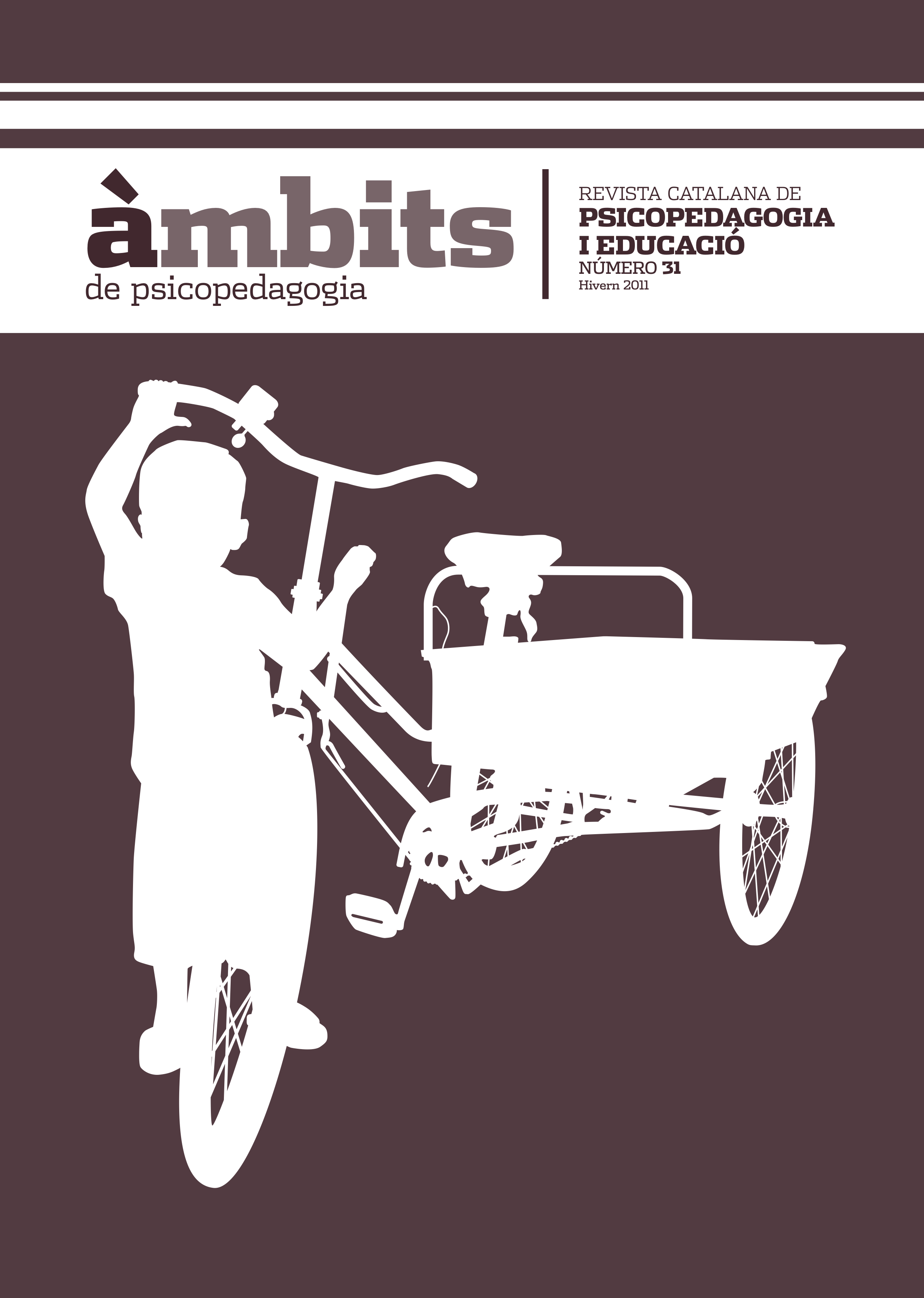Relationships and links in human systems: Some ingredients for understanding
Abstract
The systemis perspective provides many ways to help us interpret and understand the way a person progresses in their relationships in the modern world. We able to view how one's deepest bonds influence how we communicate and how we menage our emotions, especially whent it involves the family. From this perspective, we discover alternative ways and methods that are more helpful to meet current human needs, through either education, therapeutic or psychosocial parameters.
References
Hellinger, B. (2001). Órdenes del amor. Barcelona: Herder
Maturana, H.; Nisis, S. (1999). Transformación en la consciencia. Santiago: Océano.
Maturana, H. (2002). Emociones y lenguaje en educación y política. Santiago: Océano.
Morin, E. (2001). Tenir el cap clar. Barcelona: La campana.
Nardone, G.; Giannonte, R. (2003). Modelos de familia. Conocer y resolver los problemas entre padre e hijos. Barcelona: Herder.
Perellada, C. (2007). La pedagogia sistèmica; l'educació segueix bategant al compàs dels temps. Guix infantil 35. Gener-febrer, p.15. Barcelona.
Traveset, M. (2007). Pedagogía sistémica. Barcelona: Graó.
Ulasamer, B. (2004). Sin raíces no hay alas. Madrid: Luciérnaga.
Downloads
Published
Issue
Section
License
The authors maintain their copyright and give the right to the first publication of the work to the journal, registered under a Creative Commons Attribution-Non Commercial-NoDerivs license. This license allows others to download the works and to share them with others as long as they credit the author, but it does not allow for any kind of modification or commercial use.















